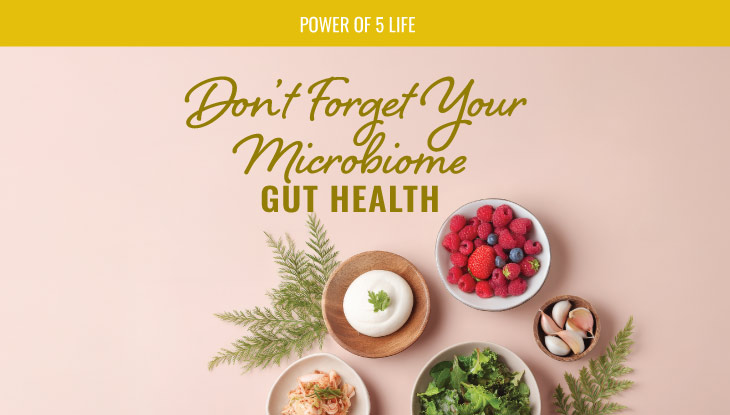Are there food and beverages that can help you sleep?
Many of us are looking for ways to sleep better at night, so we wake up refreshed and ready for the day ahead. If you are having trouble sleeping, review what you are eating to get a clue.
My mantra, food is medicine, supports that many foods have medicinal benefits. So if you wonder, are there foods that promote a good night’s sleep? The answer is YES!
Some foods and drinks contain sleep-enhancing elements that promote falling or staying asleep, such as magnesium, melatonin, tryptophan, antioxidants, protein-containing foods, and foods that stimulate serotonin production (the brain chemical that helps to regulate sleep).
Here are some of my favorites and why…
- Chamomile & Passionflower Teas – My mother was a big tea drinker. Having a cup of chamomile tea before bed was always calming and relaxing. I found out later in life that this was because apigenin, a flavonoid (antioxidant benefits), is in the tea and promotes a calming effect. Another tea that is beneficial to promote sleep is passionflower tea because it also has apigenin.
- Kiwi – Low in calories, high in nutrition, helps regulate sleep cycles, lowers cholesterol, and is an anti-inflammatory agent.
- Tart Cherry Juice (take 2 Tbsp before bed) – The melatonin, tryptophan, and anthocyanins (type of flavonoid) in the tart cherry juice helps regulate sleep and sleep quality.
- Almonds (a handful a few hours before bed or for dessert) – A substantial source of melatonin and magnesium which reduces the stress hormone cortisol, which can interrupt your sleep.
- Walnuts (another great nut to eat before bed or anytime) – An excellent source of tryptophan, melatonin, and serotonin to promote healthy regulation of sleep patterns.
- Fish – Choosing fish that are high in omega-3 fatty acids promotes serotonin and melatonin production that aid in better sleep. Examples are salmon, mackerel, and tuna. Studies show that not only do the omega-3 fatty acids promote better sleep at night but provide more clarity during the day and have the added benefits of anti-inflammatory agents.
- Turkey – Let us not forget how we all feel after eating Thanksgiving turkey … ready to take a nap! That’s because the tryptophan in turkey increases the regulation of the hormone melatonin. Researchers also suggest that the protein in turkey may help with sleepiness.
- Bananas – Also help due to their magnesium.
- Milk & Almond Milk – Works since it contains tryptophan.
- Oatmeal – Is known as a source of melatonin.
- Eggs – Due to their protein, they also may have a positive influence on sleep.
What not to eat before going to bed …
First, let’s talk about caffeinated products – coffee, tea and soda. It is important to monitor your caffeine intake daily and be sure to limit it to before 3pm each day.
Avoid spicy, sugary, or processed foods as well as alcohol. All of these may have disruptive effects on your sleep patterns.
Promote sufficient digestion to support a good night’s sleep by curtailing your food 2-3 hours before bed. That’s also a helpful way to prevent digestive issues.
To Healthy Cooking, Eating and a Good Night’s Sleep,
Melissa




